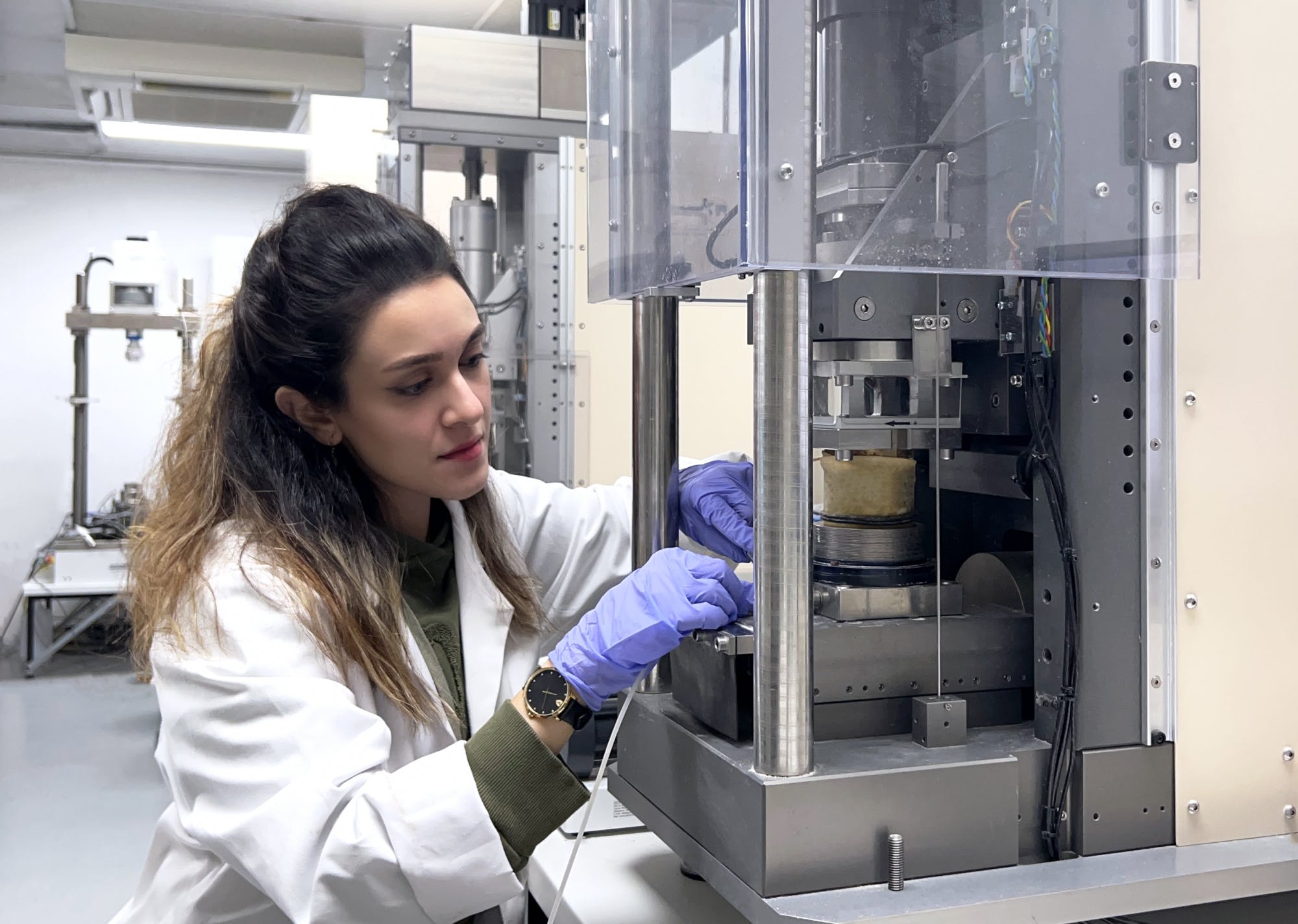21st Nov 2023 13:00 hours
On-line event
This event will be streamed live via MS Teams. This can be accessed via the button below
This is an on-line event, and is part of the BGA Technologist Network.
As a Geotechnologist, it is likely that you work with soil, and one of the big things that people need to know when designing projects that are based on or in soil …. is its strength.
There are many standards available that specify how to perform laboratory tests to measure strength, but they cover only a small part of the whole process. You could learn most of how to do a test by reading the standard, but there many things that could affect the result you get, from the geological processes that formed that soil, to how it was sampled and transported, to how the tests were specified and eventually tested.
As soon as you take the sample out of the ground, many people are involved. In particular, there are individuals like you and me, with our own experiences and skills. By sharing our knowledge and skills we all grow together. Very often we notice patterns and behaviours as we work - it can be as simple as experiencing that it is much easier to walk on the beach at the water's edge where the sand is wetter than further up the beach where the sand is dry. When we study these behaviours - whether by asking someone more experienced, reading books, or taking formal lessons - it becomes very satisfying to be able to mesh together experience in the field or lab with the underlying theory. In the walking-on-the-beach example, for the sand to collapse the grains need first to move apart a little to ride over each other (dilation), but the water in saturated sand cannot expand, so for a short period suction holds the grains together... at least until you stand still and surrounding water has the time to flow into the gaps and you sink as that strength-giving suction bleeds away.
This topic was originally presented at the prestigious 2023 BGA Annual Conference, but with a twist: the title then was "Free-will, future past, and soil shear strength". You'll have to watch the presentation to find out what the enigmatic twist is! The presentation is a fast-paced look at as many things that could affect soil shear strength as Chris could fit in the 20 minutes allocated. Chris loves images and hates lots of text and bullet points in presentations, so hopefully you won't fall asleep in this presentation.
Chris Wallace's career in Geotechnology started two years after he messed up his A-Levels, at which point he joined Wimpey Laboratories in 1986 as a laboratory technician. Having previously gained an HNC in Polymer Technology - soil laboratory technicians with any sort of qualifications weren't that common back then - he was fortunate to start in the Effective Stress section, rising through the ranks as a thorough and competent technician. Looking back at that time, although he understood the testing, he didn't then have the deep knowledge that he has now - that came later from a mixture of: reading textbooks (such as the late Ken Head's 'Manual of Laboratory Soil Testing'); short courses (such as the four-day 'Advanced Soil Characterisation' course at ICL - although he freely admits that half of that course went over his head as it was meant for graduate engineers); picking the brains of friends and colleagues; having a boss that believes in you and encourages you to reach your maximum potential (thank you, John Masters); and, possibly the most important, always having an enquiring mind and wanting to learn more.
Chris does not have any formal qualifications in any geotechnical subjects, and all Geotechnologists should take to heart that being really good at what you do, not necessarily gaining qualifications, can help you rise in your career: in my case from Laboratory Technician to Technical Director! It is never too late to become a Geotechnologist - in fact, doing something else first can help bring a different and valuable skill set, with ways of thinking that makes your perspective unique and individual, and that others won't have.
